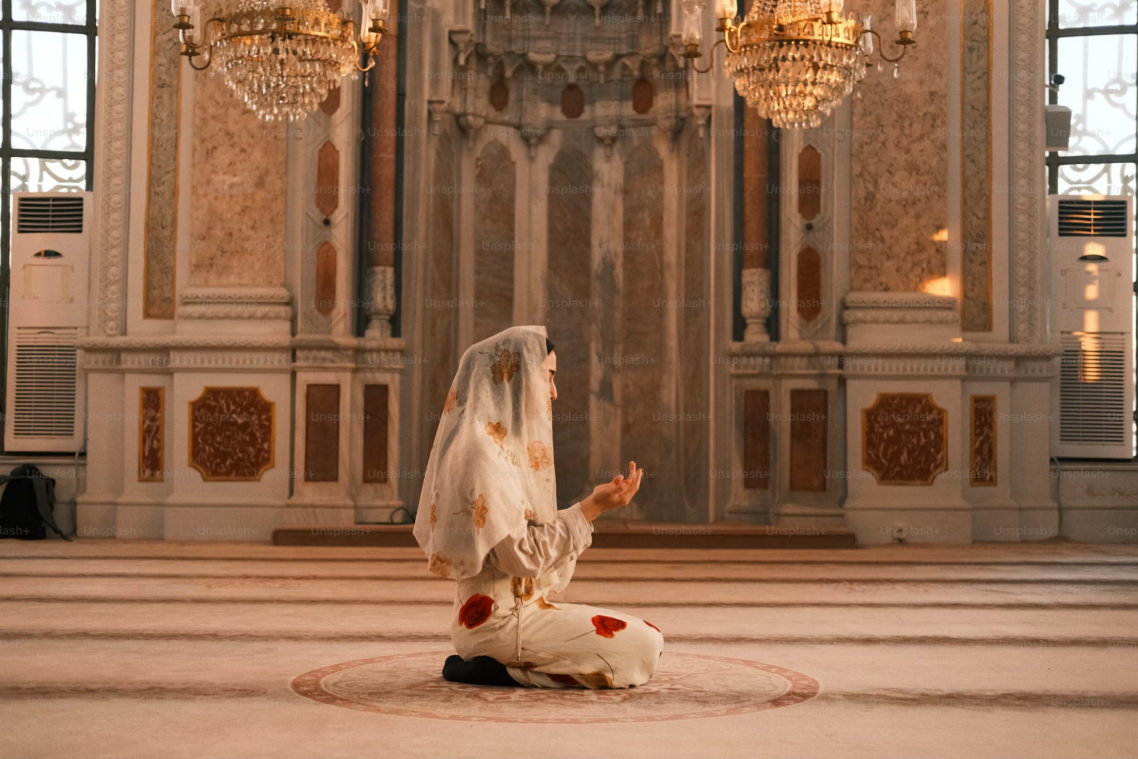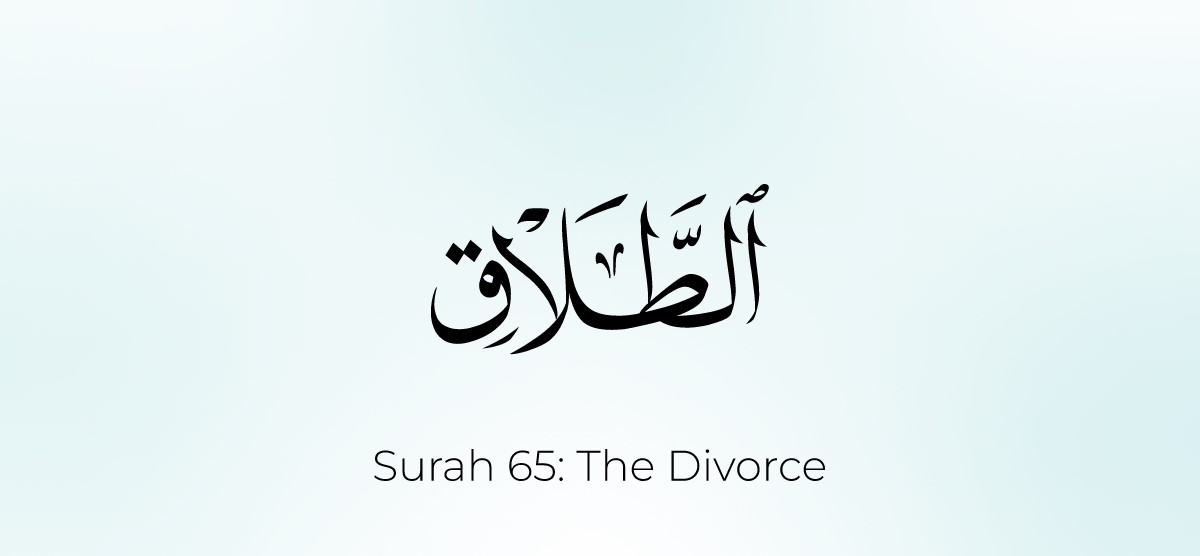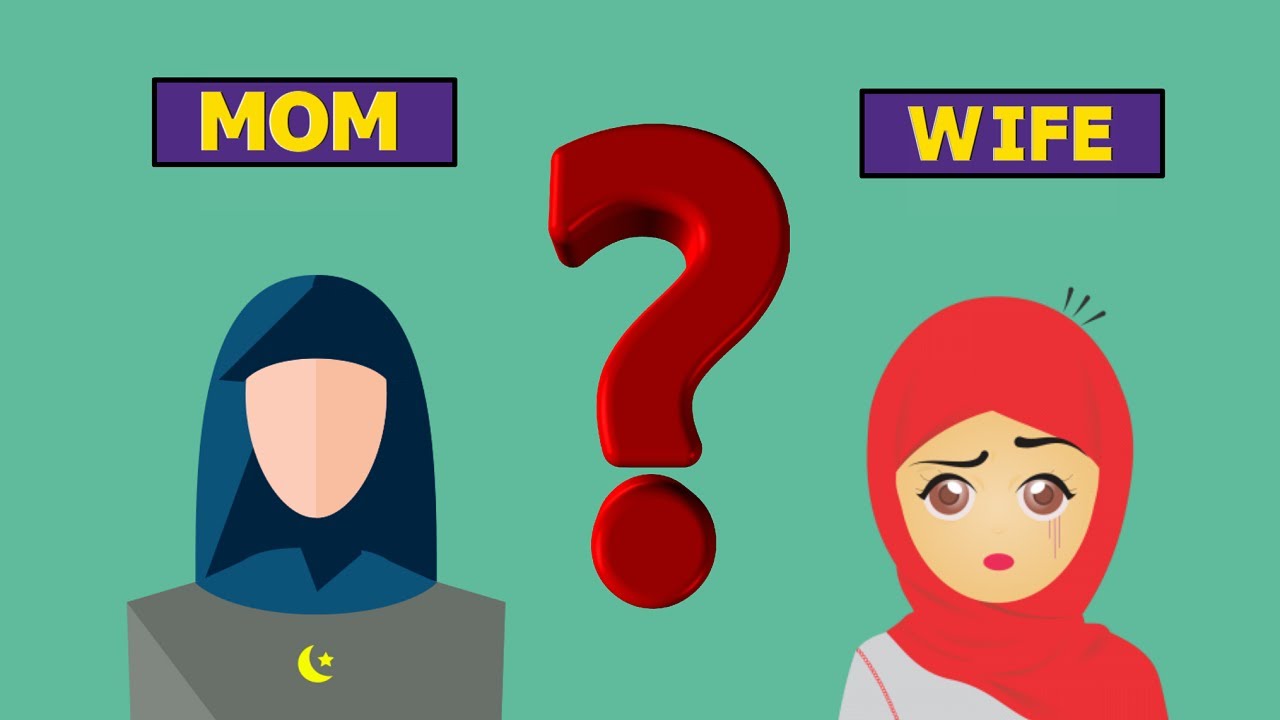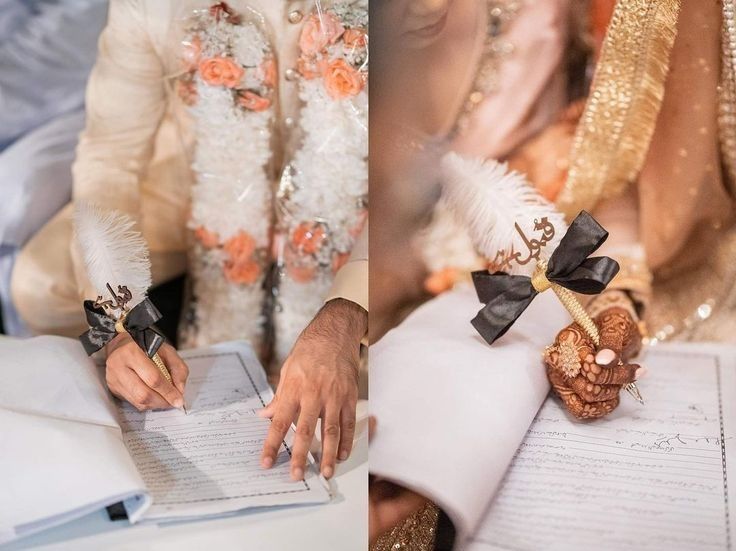· Syed Aas · Islamic · 8 min read
Muslim Matrimony Traditions : A Blend of Cultural Heritage and Modern Influences
Muslim matrimony traditions are a beautiful tapestry of cultural heritage and religious significance.

Muslim matrimony traditions are a beautiful tapestry of cultural heritage and religious significance. These traditions have been passed down through generations, each adding its unique flavor to the matrimonial ceremonies. In modern times, Muslim couples are finding ways to honor these traditions while incorporating contemporary elements that reflect their lifestyles and values.
The Nikah, is a sacred contract between the bride and groom, witnessed by their families and community. The ceremony is often preceded by several pre-wedding rituals, such as the engagement (Mangni), where the families exchange gifts and blessings. Another important pre-wedding event is the mehndi ceremony, where intricate henna designs are applied to the bride’s hands and feet, symbolizing joy and beauty.
The Nikah ceremony itself is a simple yet profound event. It usually takes place in a mosque or the bride’s home, with an imam officiating the proceedings. The couple recites their vows and signs the marriage contract, known as the Nikahnama. This document outlines the rights and responsibilities of both parties and is an essential part of the marriage process.
Following the nikah, a celebratory feast called the Walima is held. This event is an opportunity for the newlyweds to share their joy with friends and family. The walima often features a lavish spread of traditional dishes, music, and dancing, creating a festive atmosphere that brings everyone together.
Nikah : The Sacred Contract of Marriage in Islam
The concept of nikah is deeply rooted in Islamic teachings and principles. It is more than just a legal contract; it is a spiritual bond that unites two individuals in a partnership based on mutual respect, love, and commitment. The nikah is a solemn promise to uphold the values of honesty, fidelity, and compassion in the marital relationship.
In Islam, marriage is considered a sacred duty and a means of fulfilling one’s faith. The Quran and Hadith provide comprehensive guidance on the rights and responsibilities of both spouses. The husband is expected to provide for and protect his wife, while the wife is encouraged to support and nurture her husband. Together, they are to create a harmonious and loving household that reflects the teachings of Islam. One of the key aspects of nikah matrimony is the mahr, a mandatory gift from the groom to the bride. The mahr can be in the form of money, jewelry, property, or any other valuable item agreed upon by both parties. It symbolizes the groom’s commitment to his bride and serves as a form of financial security for her.
Another important element of nikah matrimony is the presence of witnesses. Traditionally, two male witnesses or one male and two female witnesses are required to validate the marriage contract. These witnesses ensure that the marriage is conducted openly and transparently, in accordance with Islamic principles.
In modern times, Muslim couples are increasingly seeking ways to personalize their nikah ceremonies. While adhering to the core tenets of Islam, they are incorporating contemporary elements such as personalized vows, modern attire, and unique venues. This blending of tradition and modernity allows couples to create a meaningful and memorable wedding experience that reflects their individual personalities and values.
Muslim Matrimony : Navigating the Path to a Fulfilling Marriage
Muslim matrimony is a journey that begins with the search for a compatible partner and continues through the ups and downs of married life. Finding the right match is a crucial first step, and many Muslim families rely on traditional matchmaking methods, such as introductions through family and friends, to find suitable partners for their children.
In recent years, however, the landscape of Muslim matrimony has evolved significantly. The advent of online matrimonial platforms has revolutionized the way Muslim singles connect and interact. These platforms offer a convenient and efficient way to search for potential partners, allowing individuals to filter their preferences based on various criteria such as religious beliefs, cultural background, education, and lifestyle.
While online matrimonial platforms provide a modern solution to the age-old challenge of finding a life partner, they also come with their own set of challenges. It is important for individuals to approach online matchmaking with caution and discernment, ensuring that they verify the authenticity of profiles and communicate openly and honestly with potential matches.
Once a suitable match is found, the process of getting to know each other begins. In traditional Muslim matrimony, this phase is often supervised by family members to ensure that interactions remain respectful and in line with Islamic values. The couple may engage in conversations and meetings, with the goal of assessing their compatibility and shared values.
As the relationship progresses, families play a crucial role in supporting and guiding the couple. Parental involvement is highly valued in Muslim matrimony, as it provides a strong foundation of support and wisdom. Parents offer their blessings and advice, helping the couple navigate the challenges and joys of married life.
In modern Muslim matrimony, couples are increasingly taking a more active role in their own matchmaking process. They seek partners who not only share their religious and cultural values but also align with their personal goals and aspirations. This shift towards individual agency reflects the changing dynamics of contemporary Muslim relationships, where mutual respect and partnership are paramount.
Muslim Rishta : The Role of Family and Community in Matchmaking
The muslim rishta refers to the process of finding a suitable match for marriage, often facilitated by family members and the wider community. The rishta process is a collaborative effort that involves careful consideration of various factors to ensure a harmonious and compatible union.
In traditional Muslim societies, the rishta process begins with the involvement of parents and elders. They play a pivotal role in identifying potential matches and initiating contact with the families of prospective brides and grooms. This approach is rooted in the belief that families have the wisdom and experience to make informed decisions that prioritize the well-being and happiness of their children. One of the key aspects of the rishta process is the emphasis on compatibility. Families consider a range of factors, including religious beliefs, cultural background, education, and social status, to ensure that the couple is well-matched. This thorough vetting process helps to lay a strong foundation for a successful and fulfilling marriage.
In addition to family involvement, the wider community also plays a significant role in the rishta process. Community events, such as weddings, social gatherings, and religious functions, provide opportunities for families to network and exchange information about potential matches. This communal approach fosters a sense of unity and support, as families work together to help their children find suitable life partners. While traditional rishta practices continue to be valued, modern Muslim couples are also exploring alternative avenues for finding their life partners. Online matrimonial platforms, social media, and professional networking events have become popular tools for connecting with potential matches. These modern methods offer greater flexibility and autonomy, allowing individuals to take an active role in their own matchmaking process.
Despite the evolving landscape of Muslim matrimony, the core values of the rishta process remain unchanged. The emphasis on family involvement, compatibility, and community support continues to be central to the journey of finding a life partner. By balancing tradition with contemporary practices, modern Muslim couples are able to create meaningful and lasting marriages that honor their heritage while embracing the realities of the present.
Embracing Change : The Future of Muslim Matrimony
As the world continues to evolve, so too does the landscape of Muslim Matrimony. Modern Muslim couples are finding innovative ways to balance tradition with contemporary practices, creating marriages that are both meaningful and fulfilling. This dynamic approach to matrimony reflects the adaptability and resilience of the Muslim community, as they navigate the complexities of modern life while staying true to their cultural and religious values.
One of the key trends shaping the future of Muslim matrimony is the increasing emphasis on education and career. Modern Muslim couples are prioritizing their personal and professional development, seeking partners who support their ambitions and share their vision for the future. This shift towards mutual respect and partnership is redefining the dynamics of Muslim relationships, fostering a sense of equality and collaboration.
Another significant trend is the growing acceptance of intercultural and interfaith marriages within the Muslim community. While these unions were once considered unconventional, they are now being embraced as a reflection of the diverse and interconnected world we live in. Modern Muslim couples are finding ways to navigate the challenges of intercultural and interfaith relationships, building bridges of understanding and respect between different traditions.
Technology is also playing a transformative role in the future of Muslim matrimony. Online matrimonial platforms, social media, and communication tools are making it easier for Muslim singles to connect and interact with potential matches. These digital innovations are breaking down geographical barriers and expanding the possibilities for finding a compatible partner.
Despite these modern influences, the essence of Muslim matrimony remains deeply rooted in tradition. The values of family involvement, compatibility, and community support continue to be central to the process of finding a life partner. Modern Muslim couples are finding ways to honor these traditions while embracing the opportunities and challenges of contemporary life.
In conclusion, the future of Muslim Matrimony is a harmonious blend of tradition and modernity. By balancing the timeless values of their cultural and religious heritage with the realities of the present, modern Muslim couples are creating marriages that are both meaningful and fulfilling. This dynamic approach to matrimony reflects the adaptability and resilience of the Muslim community, as they navigate the complexities of modern life while staying true to their roots.



